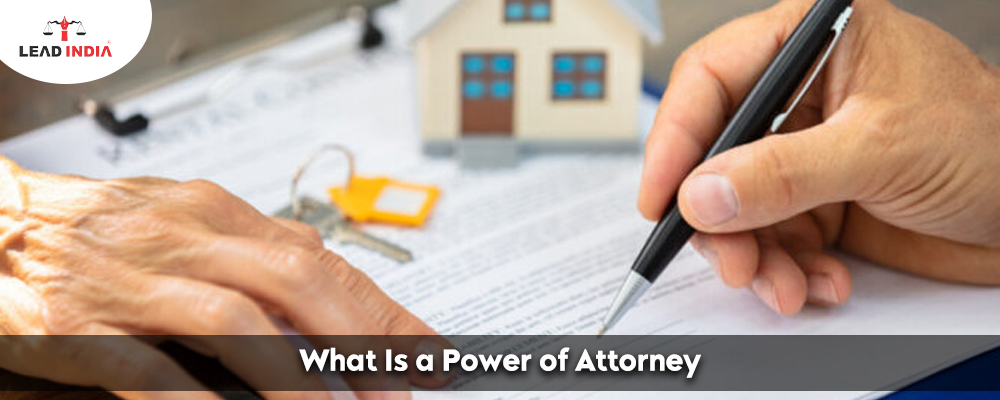A power of attorney is a legally binding document that authorizes one person to act on behalf of another. The individual who receives the authority is referred to as the agent or attorney. The principal is the person who is named in the power of attorney. The agent may have wide or restricted legal authority to make decisions concerning the principal’s property, finances, or medical care. A durable power of attorney remains in effect even if the principal becomes ill or incapacitated and unable to act directly.
Power Of Attorney
A power of attorney is a legal document that binds both the agent (and attorney-in-fact) and the principal. It is used when a principal becomes temporarily or permanently ill or disabled, or when they are unable to sign certain paperwork. Both parties must sign the paperwork, and a third party frequently witnesses it. Most POA arrangements allow the agent to represent the principal in all property and financial concerns as long as the principal is in good mental health. If the principal loses the ability to make decisions for themselves, the agreement automatically terminates.
A power of attorney can terminate for a variety of reasons, including when the principal revokes or dies, when a court invalidates it, or when the agent is no longer able to carry out the tasks stipulated in the agreement.
There are various advantages to getting a power of attorney, including guaranteeing that someone will manage your financial affairs if you become disabled. However, executing a power of attorney that gives an agent broad powers is similar to signing a blank cheque.
Need A Legal Advice
The internet is not a lawyer and neither are you. Talk to a real lawyer about your legal issue

What are the limitations of a power of attorney?
Whatever sort of power of attorney you choose, keep in mind that it will no longer be valid or legally binding if you, the person who created it, die. Following that, the trustee of the trust, executor of the will, or, in some states, personal representative, is responsible for carrying out all components of the estate plans developed by your estate planners. This can be a source of concern for widows who lose power of attorney and are no longer able to access bank accounts or financial transactions for which they previously signed. It is a problem to consider while creating a power of attorney between couples.
Otherwise, a power of attorney grants restricted rights. It specifies who should manage your financial affairs if you are unable to do so, under what conditions, and with what precise wishes. A medical power of attorney can also be used to make medical choices.
After the power of attorney becomes effective, the attorney-in-fact specified in the instrument is responsible for making decisions on your behalf. Whether in a short- or long-term situation, the person nominated in the legally enforceable agreement will act as a fiduciary for you, making choices about your personal or company affairs. That means they are legally compelled to manage your money and real property in your best interests, not theirs.
Risks and Precautions
To cancel a POA, just write a letter that identifies it and explains why you are revoking it, and deliver it to your former agent. Some states require that such a letter be notarized. It is also a good idea to send copies to any third parties with whom the agent may have interacted on your behalf. Then, establish a new POA and give it to your new agent of choice.
A power of attorney can provide you with both convenience and protection by granting a trusted individual the legal ability to act on your behalf and in your best interests. Adult children who are both trustworthy and capable of carrying out your wishes may be the finest agents but don’t name someone just because they are related to you.
Lawyers, accountants, and doctors are examples of trustworthy expert advisors who can assist you in understanding the appropriateness and necessity of implementing POAs. If you are not comfortable extending extensive authority all at once, do so gradually, but do not wait too long. Because a mentally competent grantor must create a power of attorney, the repercussions could be severe.
Make sure the POA compels the agent to periodically report all acts taken to a trusted third party agreed upon by family members, such as the family’s lawyer or accountant. You can also choose two agents and seek their agreement on big transactions, such as the selling of a home.
Lead India offers various legal services, such as free legal advice and internet information. We provide a facility in which you can talk to a lawyer and ask legal questions regarding the law here. Lead India’s lawyers can assist you with any legal issues. In India, Lead India provides free legal assistance online. In addition to receiving free legal advice online, Lead India allows users to pose inquiries to experts for free.





 Talk to a Lawyer
Talk to a Lawyer